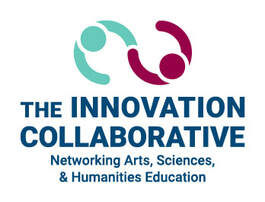 In The Trouble with STEAM and Why We Use It Anyway! its diverse authors argue: “STEAM offers significant promise through its focus on multiple ways of knowing and new pathways to equitable learning. On the other hand, it is often deployed in theory, pedagogy, and practice in ambiguous or potentially problematic ways toward varying ends”. The authors analyze varying STEAM definitions and warn that because the approach has so many different interpretations, using the term STEAM “may force a backlash against inter- and transdisciplinary approaches to learning”. They trace the history of the approach and document a variety of research strands that have contributed to understanding STEAM today. The report pays particular attention to the great potential of programs “where STEAM is conceptualized as both pedagogical and mutually instrumental, meaning neither the STEM fields nor arts are privileged over the other, but all fields are equally in play with the potential for transforming educational policy and practice”. This scholarly article can provide significant support to teams that want to innovate across boundaries in ways that break traditional norms. The extensive reference section provides more empirical support for developers. Read more about the work of authors Sam Mejias, Naomi Thompson, Raul Mishael Sedas, Mark Rosin, Elisabeth Soep, Kylie Peppler, Joseph Roche, Jen Wong, Mairéad Hurley, and Philip Bell in Science Education, March, 2021.
0 Comments
Your comment will be posted after it is approved.
Leave a Reply. |
